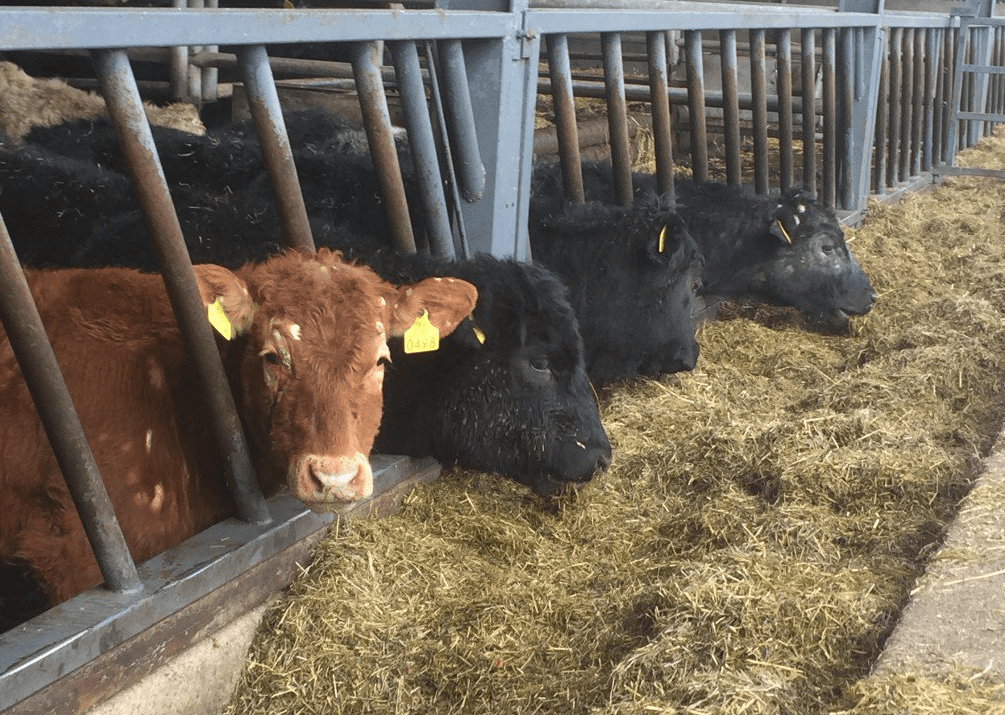Flexibilities to TB testing protocols that were introduced due to the Covid-19 pandemic will end on September 1, Agriland understands.
The revised testing regime, which was introduced earlier in the pandemic and extended a number of times, allows (among other provisions) calves between 42 and 120 days-of-age to remain eligible for movement even in the absence of a TB test, so long as the herd retains a ‘TB free’ status.
At a meeting of the Implementation Working Group (which oversees the implementation of Ireland’s TB Eradication Strategy) of the TB Stakeholders Forum last week, participants were told that these arrangements would end on September 1, according to sources.
The flexibilities were originally due to end on August 1.
The revised rules were put in place to account for the fact that testing may not always be possible during the pandemic, such as situations where both the farmer and vet were not satisfied that testing could be carried out while adhering to physical distancing rules.
The flexibilities also provide for a grace period of 28 days after a herd comes due for a test in which the herd can continue trading (after this period the trading status of the herd is suspended).
However, in this case, even when the suspension is applied, movements directly to slaughter are still permitted.
The provision to exempt calves under 120 days-of-age from testing does not apply to reactor retests, nor to the requirements for TB testing in calves intended for export.
Where a calf under-120 days is intended for export, the requirement for a 30-day pre-export TB test remains in place.
Throughout the pandemic, farmers and vets were advised to ascertain if testing would be possible under Covid-19 restrictions before going ahead; and to form a plan as to how to go about it.
